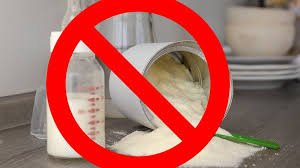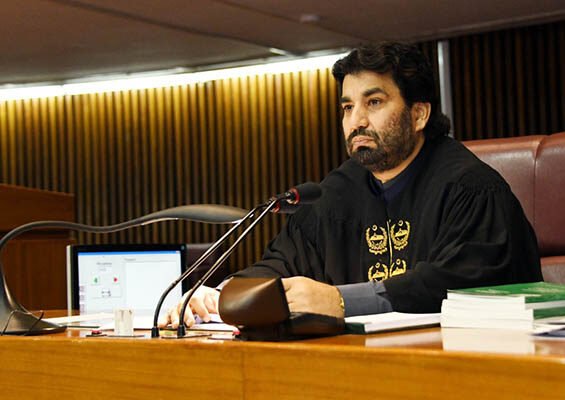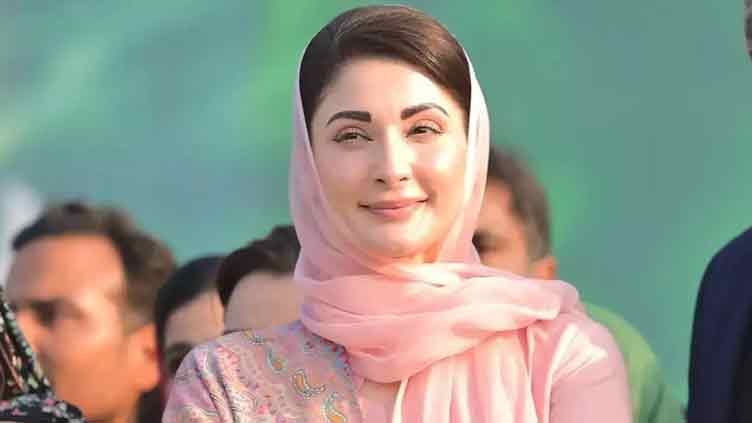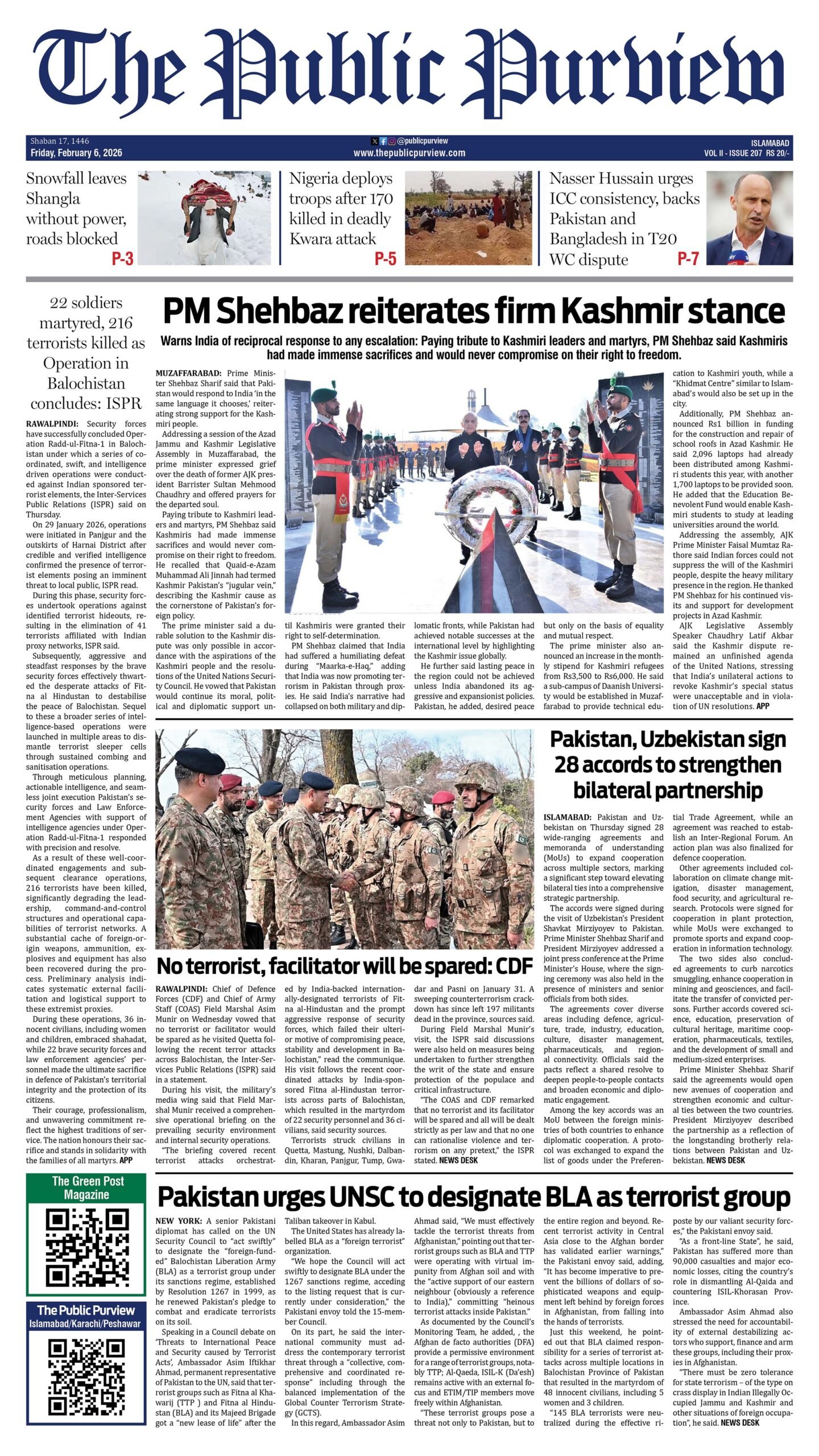Pediatric experts have stated that, under the Breastfeeding Act in Sindh, formula milk cannot be sold without a doctor’s prescription. Those found violating this regulation could face up to 6 months in prison and a fine of 500,000 rupees. Doctors are also prohibited from recommending formula milk without a valid reason, and violating doctors could have their licenses revoked.
The Sindh Assembly has passed the Sindh Protection and Promotion of Breastfeeding Child Nutrition Law, prohibiting the sale and marketing of artificial milk.
A press conference held at Karachi Press Club was attended by prominent pediatricians, including Professor Masood Sadiq, Secretary of the Pakistan Pediatric Association (PPA) Professor Mohsina Ibrahim, former President Professor Khalid Shafi, and other experts from the National Institute of Child Health (NICH).
Professor Khalid Shafi mentioned that formula companies are now prohibited from using the word “milk” on packaging and must label their products as “artificial formula milk.” These companies are also barred from direct or indirect marketing, sponsoring conferences, or individual doctors. Violating companies will be fined.
Superstores and medical stores are not allowed to display artificial formula milk openly, with penalties of a 500,000 rupee fine and 6 months imprisonment for violations.
Experts also emphasized that doctors cannot prescribe artificial formula milk without a valid reason. If a doctor fails to justify the recommendation, their membership in the association could be suspended, and complaints could be filed with the Infant Feeding Board, which now includes the Sindh Healthcare Commission.
Professor Khalid Shafi revealed that only 48.3% of mothers in Pakistan breastfeed their children, highlighting the importance of enforcing the new law. A Baby-Friendly Hospital Initiative (BFHI) program will also be launched to ensure hospitals do not provide anything other than breast milk to infants.
Professor Masood Sadiq emphasized the significance of breastfeeding, citing the Quran’s instruction to breastfeed for two years.
Professor Mohsina Ibrahim explained the health benefits of breastfeeding, including stronger immunity and lower risks of infections and diseases like diarrhea and pneumonia. She also highlighted the protective benefits of breastfeeding for mothers against breast cancer.
Dr. Wasim Jamalvi discussed the increasing number of companies selling formula milk in Pakistan and the high infant mortality rates due to a lack of breastfeeding. He stressed the need to promote breastfeeding in the country.






 Today's E-Paper
Today's E-Paper